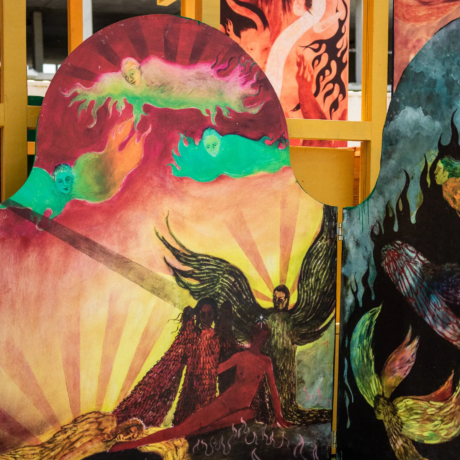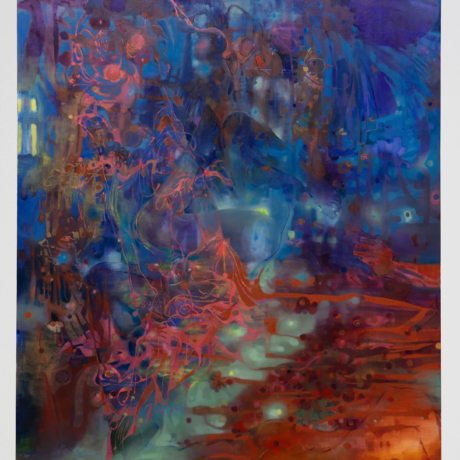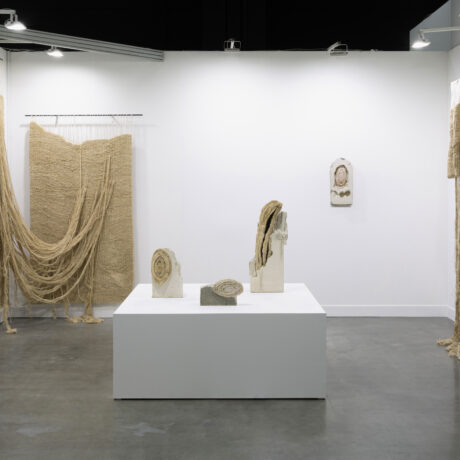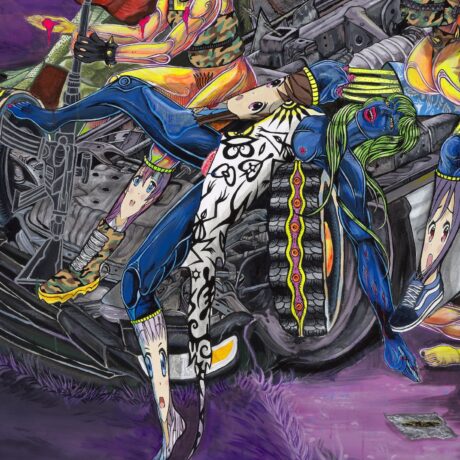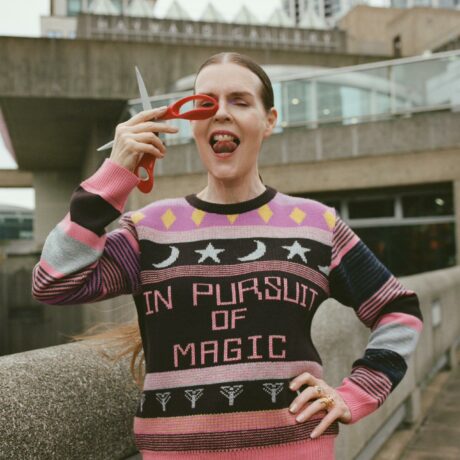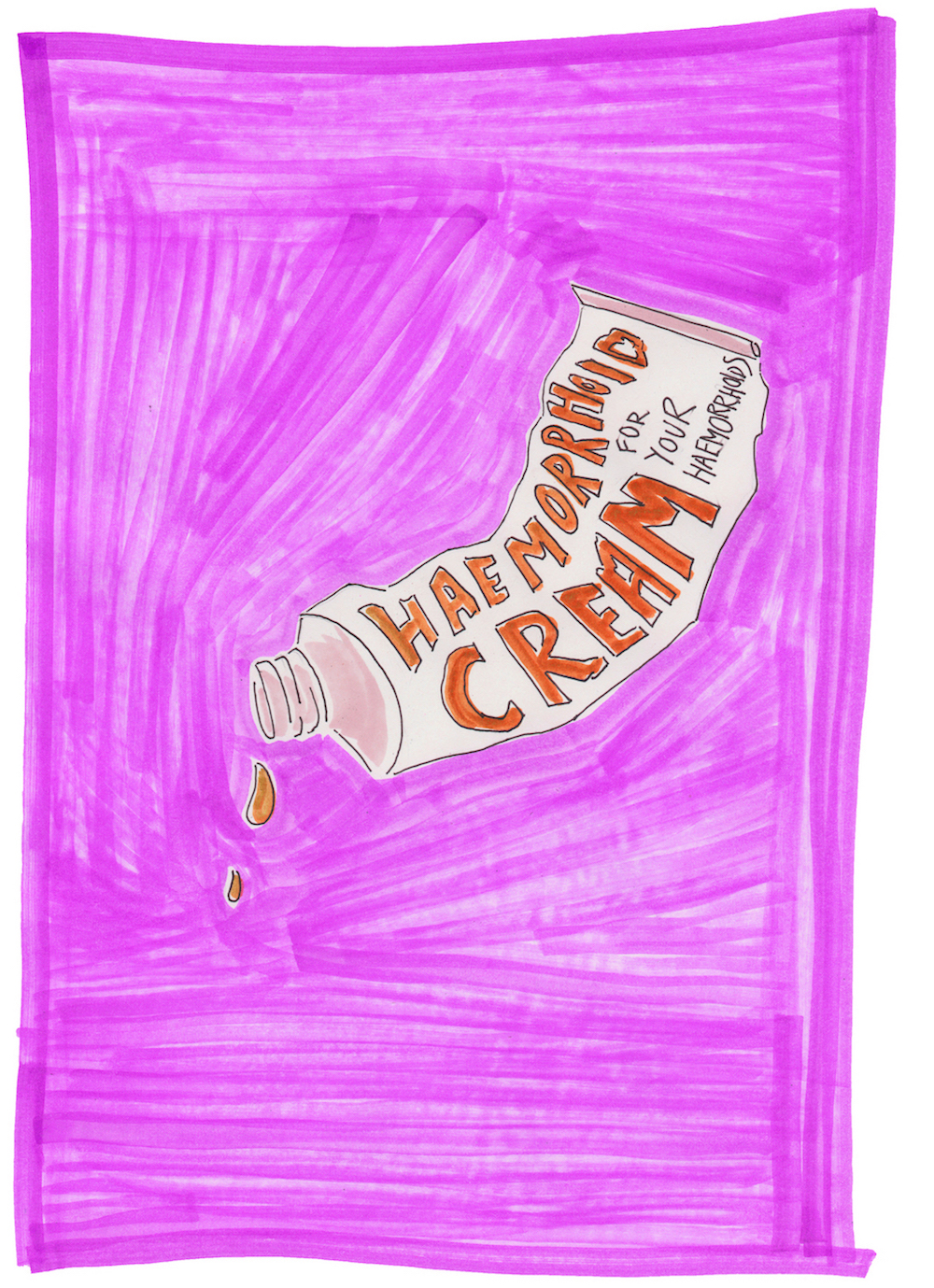 “How’s motherhood?” I am often asked these days. It’s a question new mothers get asked a lot; I imagine experienced mothers are asked less often. Honestly, I have no idea how motherhood is. I’m only three and a bit months in (I stopped counting in weeks now my child is not a “newborn”) and know next to nothing, apart from how to pop my nipple into my baby’s mouth when she’s hungry and that I should wipe the poo away from front to back. I know she shouldn’t chew anything poisonous or be put near sharp objects. I have also rehearsed, in my head, various ways I would save her by breaking my own back or neck if I were to fall over while carrying her.
“How’s motherhood?” I am often asked these days. It’s a question new mothers get asked a lot; I imagine experienced mothers are asked less often. Honestly, I have no idea how motherhood is. I’m only three and a bit months in (I stopped counting in weeks now my child is not a “newborn”) and know next to nothing, apart from how to pop my nipple into my baby’s mouth when she’s hungry and that I should wipe the poo away from front to back. I know she shouldn’t chew anything poisonous or be put near sharp objects. I have also rehearsed, in my head, various ways I would save her by breaking my own back or neck if I were to fall over while carrying her.
I now have more time for idle Instagramming than I did before; twenty minutes scrolling here while she’s suckling, another twenty there while she’s fallen asleep on me with every major part of my body wedged into the sofa, when I am sure any slight shift in my movements will wake her up. This regular, purposeless browsing has given me some perspectives on motherhood from women across the globe. It’s also given me some insights into the western reaction to motherhood. I have noticed there are certain unspoken rules about the way motherhood is portrayed online, and they say something about us.
There’s the “real” tribe, like @mother_pukka, @clemmietelford and more recently the fashion blogger entrepreneur Leandra Medine, who gave birth to twins after a long struggle with fertility which she wrote about empathetically on her site Man Repeller. Last week, she shared her “push present”, not a spectacular gift from her partner, but a picture of the haemorrhoid cream she’s using to treat her post-partum piles problem. Though her twins are gifted clothes from Gucci, I can identify, and not only with the haemorrhoids (a very common postpartum issue, especially after vaginal delivery). Medine is quite candid about post-pregnancy life: hormonal changes, the feeding and breast-pumping routine, the difficulty of getting out of the house. Then there’s the Insta-ideal version too. I follow Courtney Adamo, who has five bronzed, blonde children who surf and craft and only wear cotton in carefully coordinated hues, live on the beach and make perfect pancakes while doing yoga. No sodden nappies nor haemorrhoid cream in sight.
I winced when fashion journalist and podcaster Pandora Sykes, who also very recently had a baby, posted a response to the “person who said I was posting too much baby”. Personally, I feel uncomfortable posting photographs of my three-month-old, because although she more closely resembles a dumpling or turtle in shape and size, she is an independent human being with her own right to privacy and it feels wrong when she can’t decide to be seen or not—or by whom. But that’s my personal decision. When I read Sykes retaliation remark, I felt angry solidarity with her.
“Baby shaming” is something that Instagram only begins to put a spotlight on. It’s being lived out there, IRL, and it’s shitty. There are people who roll their eyes at you because you’re taking too long to board the bus or sneer because when you lift your baby in the air, she pukes on your chest. There are people who make you feel that having a baby is in some way a handicap to professionalism. I have to ask myself if part of the reason I don’t want to publicly share more details about my own experiences with a new baby is also to do with the fear of also being told I’m “posting too much baby”. It’s no wonder many women feel anxiety talking openly about their birth, post-birth and motherhood experiences when it’s so often used against us: we have a “baby brain”, and children will make us unreliable, we’ll dance poorly and dress embarrassingly. If you’re too interested in your baby you’re slammed for not having other interests. Yet being a parent, from my limited experience so far, makes you more compassionate, tenacious and efficient. Nothing at work could ever be as painful as pushing a baby out of your body, and no responsibility in other areas of life could be bigger than someone else’s life. It makes you stronger for the general shit life throws at you.
I asked my mother-out-of-law, who has given birth to and raised seven children, about her idea of motherhood. She told me she always loved being a mother. But she recalled a story about phoning some official organization who asked for her personal details. When asked what she did, she told them she was a mother. The person on the other end of the phone told her, “I’ll put secretary.”
Illustration by Rosalind Duguid
